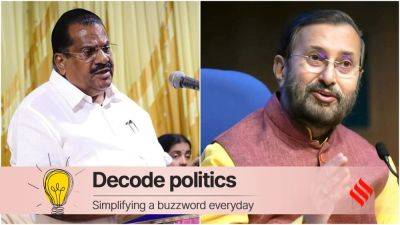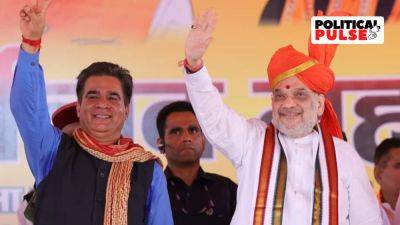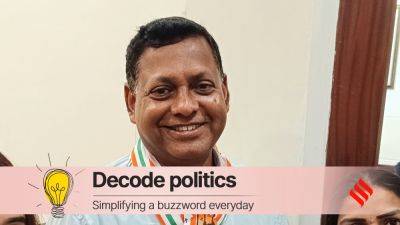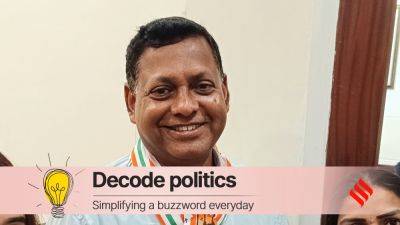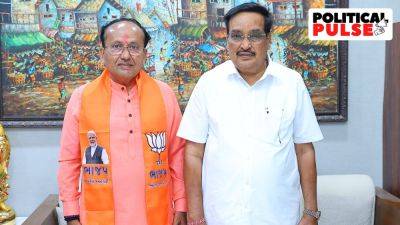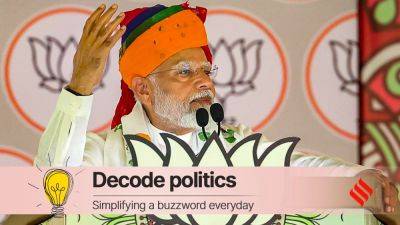Decode Politics: Why NC can’t rid itself of 1987 J-K ‘rigged’ polls shadow
Last week, Peoples Conference chairman Sajad Lone said that the biggest confidence building measure towards Kashmiris would be to register an FIR against National Conference chief Farooq Abdullah, Congress leaders and the bureaucrats for their role in the alleged rigging of the 1987 Assembly polls.
That year’s elections are widely considered as a watershed moment in Kashmir’s political history, and the immediate trigger for the breakout of militancy. For decades, the fate of those polls has remained the mainstay of Kashmir’s political and electoral discourse.
In 1986, then J&K Governor Jagmohan, an unpopular figure in Kashmir, dismissed the Ghulam Mohammad Shah-led Awami National Conference (ANC) government and imposed Governor’s rule in the erstwhile state. Shah himself was seen as an usurper to the post, with the then Congress government at the Centre led by Rajiv Gandhi accused of instigating a rebellion against Farooq Abdullah and appointing Shah, his brother-in-law, as CM.
With Jagmohan overseeing Governor’s rule, several ordinances and laws were passed that were perceived in Kashmir as driven by a “communal agenda” and “undermining the Muslim-majority character of the state” – including a ban on the sale and consumption of meat on Hindu festivals such as Janmashtami.
Several social and political organisations sprung up in Kashmir in opposition to these “changes”, including one by government employees called the ‘Muslim Employees Federation’. The Governor’s action against nine employees over this, as well as arrests of several youth activists, political and religious leaders, added to the discontent.
In September 1986, several groups, many of them religious organisations, announced the formation of a joint Muslim United


